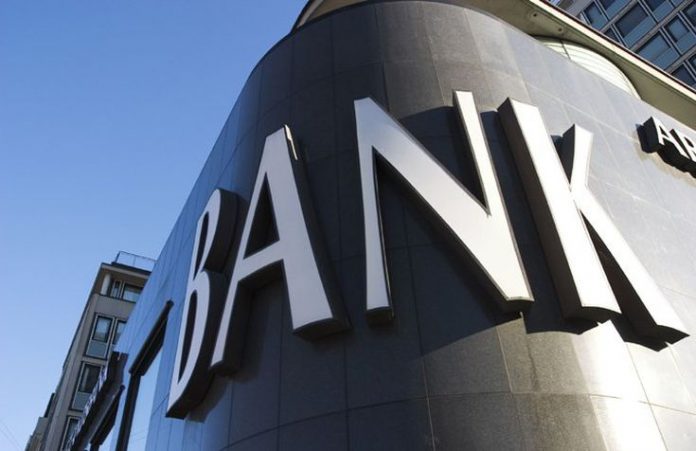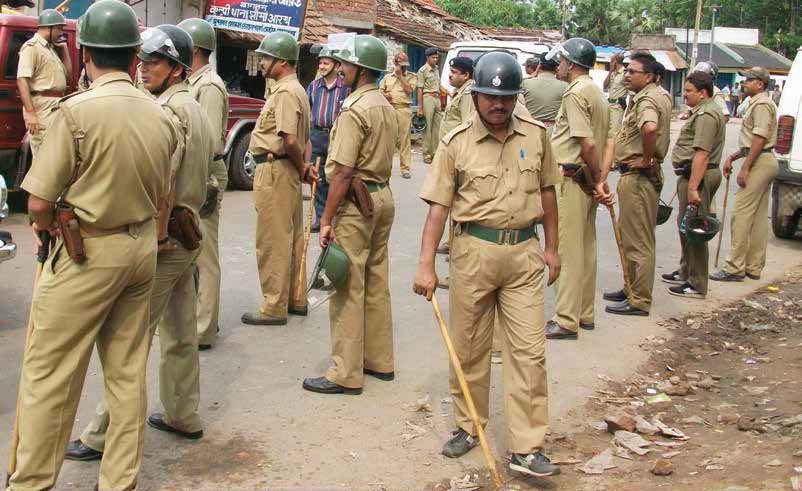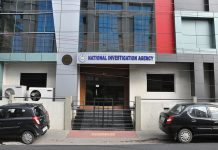This article is written by Anannya Sinha pursuing law from Symbiosis Law School, Noida. This article discusses the legal remedies available in case of freezing of bank accounts by investigating authorities.
Table of Contents
Introduction
The mechanical freezing of bank accounts by investigative authorities is becoming a growing problem for Indian enterprises and companies. Such actions are frequently based on mere claims or suspicions of contaminated funds being credited to a bona fide party’s company or personal accounts by accused persons or suspects engaging in shady financial operations.
This can have a catastrophic effect on a business’s operational components, as well as severe financial troubles, and the party who bears the brunt of such acts frequently finds themselves in deep waters. We aim to outline the statutory procedural safeguards and legal stance on this topic in this article, as well as the legal remedies available to an aggrieved party in cases of arbitrary bank account freezing.
White-collar crimes and economic offences are on the rise, and they are frequently identified as a nagging threat to India’s economic interests. This tendency has prompted the federal and state governments to respond with robust policy and legislative responses aimed at providing various investigative bodies, including the police, with a broad range of tools to successfully investigate and prosecute crimes pertaining to complex financial transactions. However, there has been a sharp increase in cases of such authorities abusing and misusing their investigative powers, often with severe consequences for both ostensibly innocent and accused parties.
We aim to outline the statutory procedural safeguards and legal stance on this topic in this article, as well as the legal remedies available to an aggrieved party in cases of arbitrary bank account freezing.
What is freezing of bank accounts
A frozen account is a bank or an investment account that cannot be used for transactions. Account freezes are usually the consequence of a court order, but they can also be initiated by the bank. When the account holder owes money to creditors or the government, or when questionable behaviour is found through the account, this happens.
Frozen accounts can happen for a variety of reasons. Accounts may be frozen by regulators or a court if the account holder fails to make required payments or commits other infractions. In addition to bank accounts, the Federal Reserve Board has the authority to freeze brokerage accounts under the provisions of Regulation regulating cash accounts and the acquisition of securities. A 90-day freeze is put in place to prevent free-riding, which is when an investor tries to buy and sell securities without paying for them in full. The investor may continue to buy securities during the freeze, but they must pay for them in full on the day they are made.
Banks may also put a hold on accounts if they suspect fraudulent or non-compliant conduct. This could be the result of actions that the bank believes were fraudulent but were not taken by the account holder. A sudden and suspiciously large withdrawal or transfer to an overseas account, for example, could suggest that the account has been hacked. If the account owner dies, the account may be frozen and an heir or administrator to the decedent’s estate has yet to be named.
Powers of the investigating authorities
To comprehend the scope of investigative authorities’ abilities to freeze a bank account, one must first comprehend the source of the power. Section 102 of the Code of Criminal Procedure, 1973 (‘CrPC’) is the source of this information.
The goal of section 102 of the CrPC is to prevent the ‘disposal’ or ‘destruction’ of property that has been or is suspected of being stolen or has a direct relationship with the commission of a crime. Seizing property in this manner, which includes freezing bank accounts, ensures that the court will be able to reclaim the property.
To further answer this question, you must first grasp The Prevention of Money-Laundering Act, 2002 (PMLA’s) method and the law governing account freezing. According to the circumstances of the case, the ED may either freeze or attach accounts. Given the ease with which the funds in bank accounts can be transferred, the ED will almost always use Section 17 of the PMLA to freeze bank accounts. Bank accounts could be frozen by the ED by issuing a direction to the concerned bank in which the account is held.
The officers of the Enforcement Directorate (ED) are not police. Therefore, the law relating to arrest in the CrPC, 1973 is not applicable to officials of the ED. Section 19 of the PMLA, 2002 empowers the investigating agency/ED to arrest any person who is guilty of money laundering under the Act.
Interaction between CrPC and PMLA
Section 3 of the PMLA defines offences under the Act and Section 4 expounds the punishment, which is a minimum of 3 years and a maximum of 7 years’ imprisonment. In special circumstances, the prison sentence may extend to 10 years.
Section 19 requires that before arresting anybody, there must be “reason to believe” based upon “the material in possession” that the arrestee is “guilty” of the offence of money laundering and the “reason to believe” must be “recorded in writing” firstly.
The main difference between arresting someone under Section 41 of the CrPC and arresting someone under Section 19 of the PMLA is that the former can be done on “mere suspicion,” whereas the latter – which has been elevated by the Legislature – requires enough evidence to form a “reason to believe” that the person is guilty of money laundering.
The available remedies
Section 102(3) of the CrPC has been amended to allow the investigating authority to decide whether to return custody of seized property if it determines that its continued retention is not necessary for the investigation, but only if the person signs a bond undertaking to produce the property before the Court when required.
Despite the existence of such options as those indicated above, parties are frequently forced to go to court. In this case, the parties might seek relief from the competent Magistrate under Section 451 or Section 457 of the CrPC. Courts have permitted the de-freezing of bank accounts on the condition that the parties execute a bond for the amount in question before the Magistrate and exhibit it if so directed by the Magistrate.
The parties have also sought writ jurisdiction of the High Courts on the grounds of a breach of their right to livelihood under Article 21 of the Indian Constitution and/or an arbitrary seizure in violation of Article 14. The Court may dismiss such a writ petition since writ jurisdiction is an unusual remedy.
Conclusion
The judicial statements discussed above represent the position that any individual, entity, or business’ bank accounts can be frozen, even if the account holder had no involvement in the alleged crime. However, the legality of such activities is contingent on adherence to specific procedural protections and the need for “reasonability.”
In cases where the freezing order is incorrect, unjust, or disproportionate, the PMLA Appellate Tribunal and High Courts have consistently interfered. However, such intervention and subsequent relief are normally only granted after the account holder has gone through undue hardship.
As a result, it would be up to the courts to issue clear instructions to the relevant authorities on how to treat an investigation that leads them to a third party’s bank account. Though the Madras High Court correctly noted that freezing third-party accounts should be done only in “rare circumstances” and with “extreme caution,” investigators including the police have yet to adopt this viewpoint.
References
- https://www.lexology.com/library/detail.aspx?g=b5ff8995-a366-4963-be83-f0ccdd98998b
- https://www.mondaq.com/india/crime/985116/freezing-of-accounts-under-the-indian-prevention-of-money-laundering-act-2002-
- https://www.pslchambers.com/article/freezing-of-bank-accounts-by-investigating-authorities-breaking-the-ice-on-the-legal-position-and-remedies/
- https://www.barandbench.com/columns/power-to-arrest-pmla-money-laundering#:~:text=The%20basic%20difference%20between%20arrest%20by%20police%20under,is%20guilty%20of%20the%20offence%20of%20money%20laundering.
- https://blog.ipleaders.in/frozen-bank-account-law-india/
- https://www.investopedia.com/terms/f/frozenaccount.asp
Students of Lawsikho courses regularly produce writing assignments and work on practical exercises as a part of their coursework and develop themselves in real-life practical skills.
LawSikho has created a telegram group for exchanging legal knowledge, referrals, and various opportunities. You can click on this link and join:
https://t.me/joinchat/J_0YrBa4IBSHdpuTfQO_sA
Follow us on Instagram and subscribe to our YouTube channel for more amazing legal content.
 Serato DJ Crack 2025Serato DJ PRO Crack
Serato DJ Crack 2025Serato DJ PRO Crack











 Allow notifications
Allow notifications


